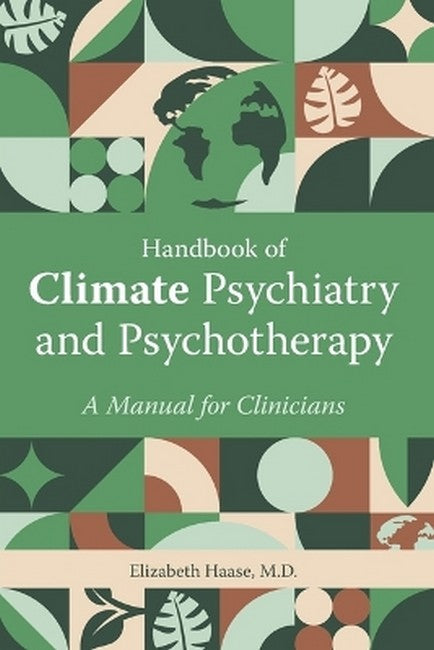Description
Part I: Introduction and Overview Chapter 1. Introduction Chapter 2. History of climate psychiatry Chapter 3. Psychiatric ethics, climate justice, and climate advocacy and activism Part II: Neuropsychiatric and biological effects of climate change Chapter 4. Extreme Heat and its implications for psychiatry Chapter 5. Air pollution impacts on the brain Chapter 6. Nutrition, food and water insecurity and mental health Chapter 7. Climate-related shifts in infectious diseases, their neuropsychiatric symptoms, and associated issues in the human-microbiome relationship Chapter 8. Climate change, extreme weather, nature disasters and human displacement Part III: Psychological responses to climate change, their assessment and the psychotherapeutic response Chapter 9. Obstacles to rational and adequate responses to climate change Chapter 10. Emotional reactions and syndromes associated with climate change Chapter 11. Assessment of the patient: climate-related vulnerabilities and psychology Chapter 12. Psychotherapy considerations and approaches to climate-related distress Part IV: Community, institutional and global psychiatry for climate change Chapter 13. Coordinating the climate psychiatry response: global, institutional, educational and research agendas Chapter 14. Community psychiatry and its role in climate mitigation and adaptation Chapter 15. Sustainable psychiatry: reducing the carbon footprint of mental health practice Acknowledgements
Elizabeth Haase, M.D., is a Clinical Professor of Psychiatry at the University of Nevada School of Medicine and Medical Director of Psychiatry at Carson Tahoe Regional Medical Center in Carson City, Nevada.

